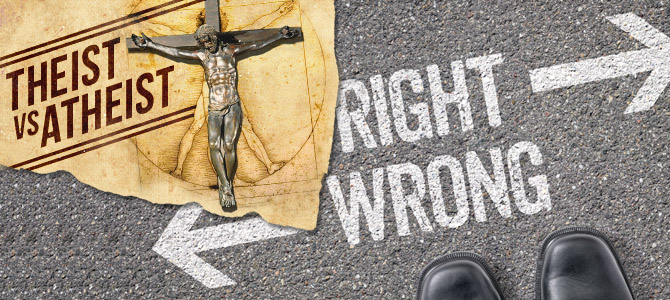Freud and original sin
In my Introduction to Philosophy course we read Sigmund Freud’s Civilization and Its Discontents. In Chapter 5, Freud makes the following strong claim about human nature: “Men are not gentle creatures who want to be loved, and who at the most can defend themselves if they are attacked; they are, on the contrary, creatures among […]
Freud and original sin Read More »

